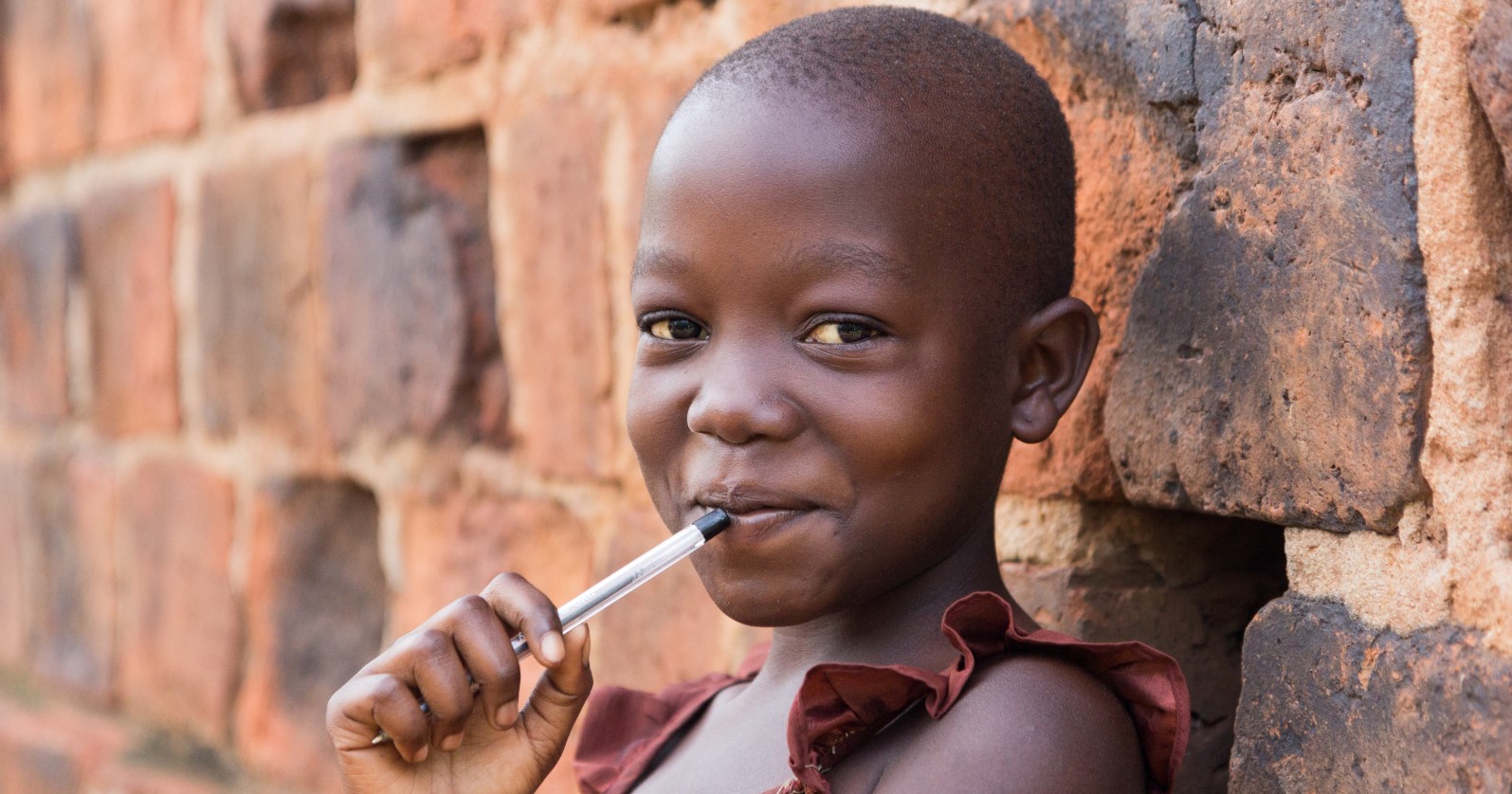Scaling ELA into ELAS: An Evaluation of Adolescent Empowerment in Schools in Uganda

Adam Jan Figel via Adobe Stock
Study Context
This project evaluates an adaptation of BRAC’s flagship program for youth empowerment in Africa, Empowerment and Livelihoods for Adolescents (ELA), for scale up and delivery in schools in Uganda. ELA combines mentorship, safe spaces, and a curriculum that is grounded in positive psychology and resilience theory: it builds skills and agency to give young people from low-income backgrounds, especially adolescent girls and young women, a set of psychological tools (e.g., goal-setting, emotional management, self-esteem) to help them navigate their way to adulthood. ELA in schools (ELAS) is delivered on school premises with trained teachers and was developed in partnership with the Ugandan Ministry of Education and Sport (MoES) as a more sustainable model that can be delivered at a broader scale. Building on RCT evidence showing the effectiveness of engaging boys and young men (Shah et al. 2023), ELAS includes clubs for males as well as females. The team aims to understand the causal impact of ELAS programming on adolescent boys’ and girls’ life skills, empowerment, and psycho-social wellbeing. They will also explore the cost effectiveness and scalability of ELAS as an after-school, co-curricular club.
Study Design
The research team is working with BRAC and the Ugandan Ministry of Education and Sport to conduct a cluster randomized control trial including 9,000 adolescents (4,500 females and 4,500 males) attending 150 secondary schools across 23 districts in Uganda. Schools will be assigned to a control group or one of two treatment arms with variation in treatment dosage (50 schools per arm). In T1 (treatment arm 1), BRAC will provide direct, intensive support to schools, including teacher training in the ELAS curriculum and incentives. In T2, schools are given the ELAS curriculum and instructed on how to run ELAS but given minimal support from BRAC. In treatment arms, schools will have one club each for males and females, with 25-35 students per club, led by teacher-mentors selected by school administrators. Club activities will take place over the course of the 2024 academic year.
Baseline data collection is currently underway, ongoing from July 2023-November 2023. with follow up data collection scheduled for 2025. Primary outcomes include mental health and psychosocial well-being, measured by the Patient Health Questionnaire-9 (PHQ-9), Child and Youth Resilience Measure-12, locus of control, social support, and aspirations. In addition, the team expects impacts on health knowledge, beliefs, and attitudes; and economic empowerment, including financial literacy and goal-setting.
Results and Policy Lessons
Results forthcoming.

